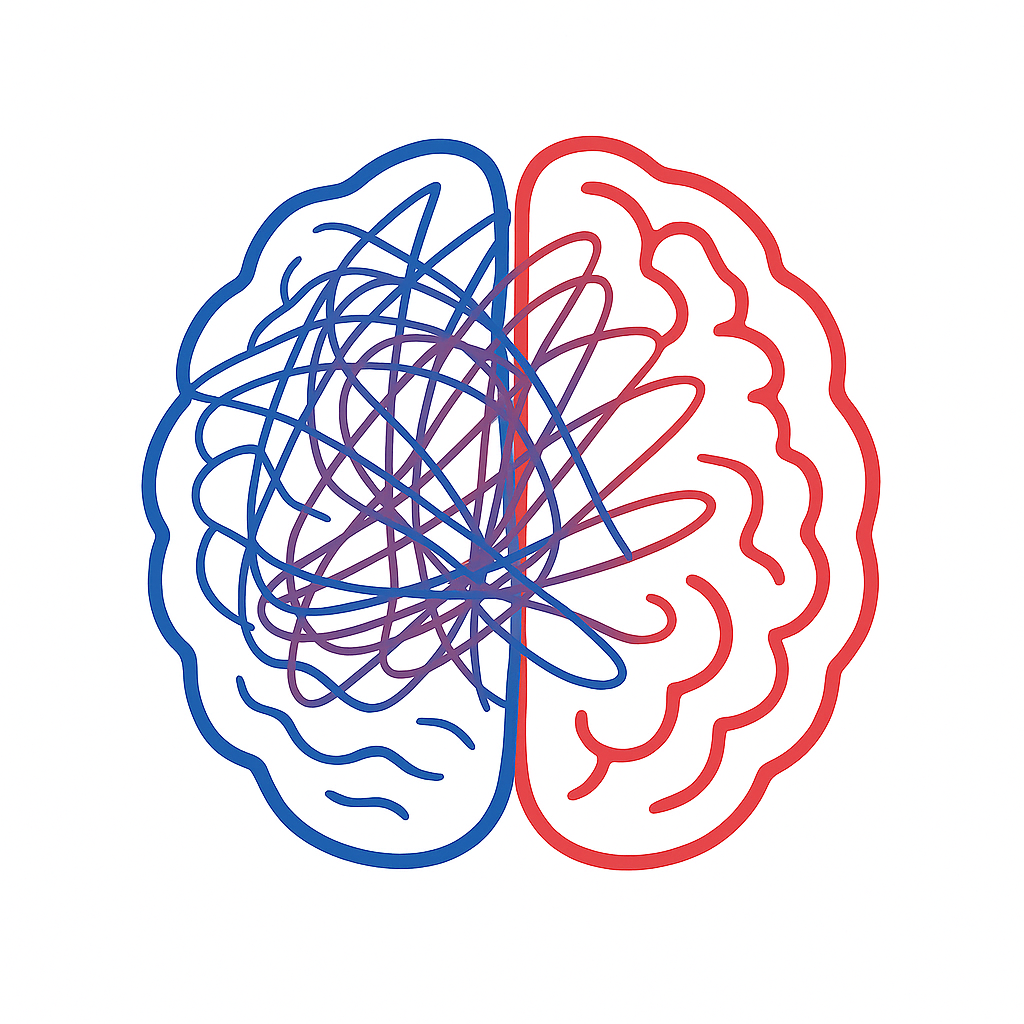The program of research I am building bridges these two themes together, taking a developmental affective neuroscience approach to understand feelings and cognitive processes related to media and technology, such as FOMO, nostalgia, craving, immersion, and self-relevance.
This work will use real-world social media, video game, and AI paradigms in conjunction with fMRI, fNIRS, and detailed emotion reporting.


